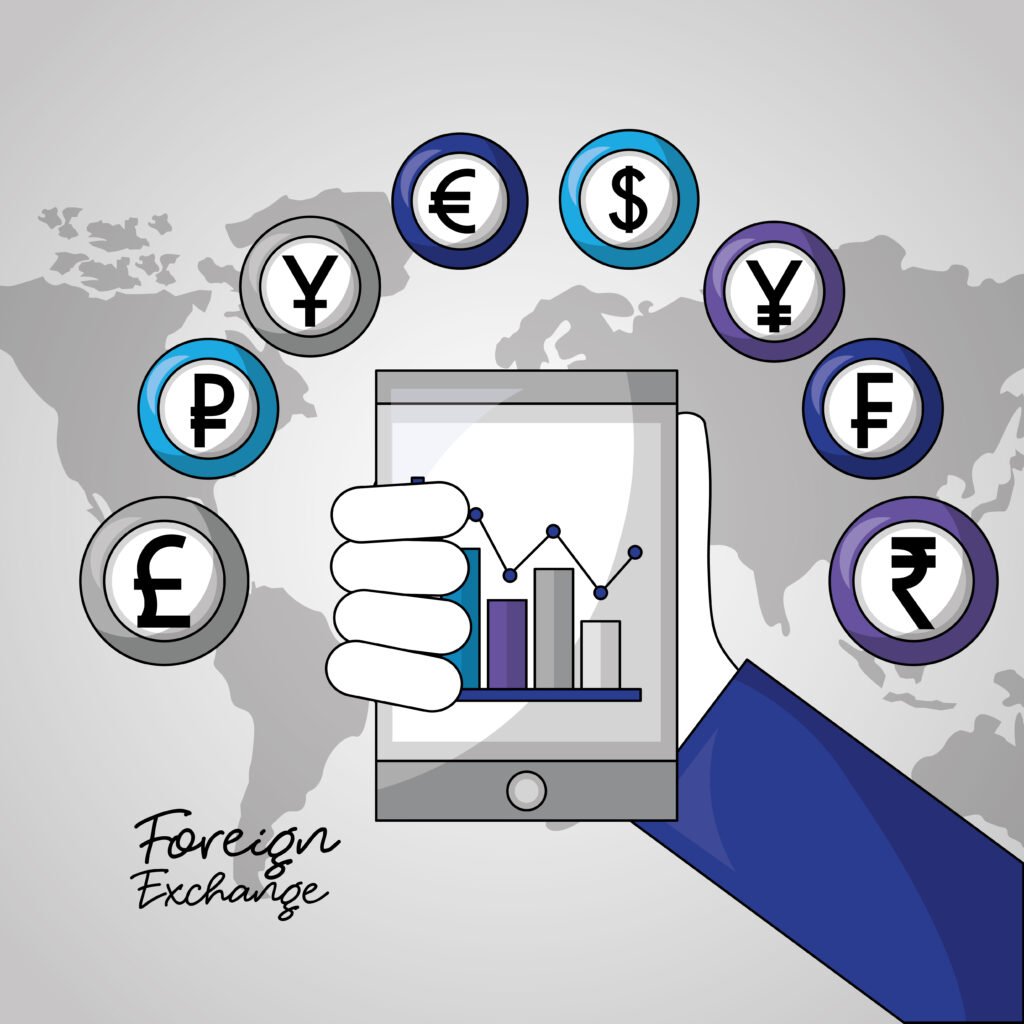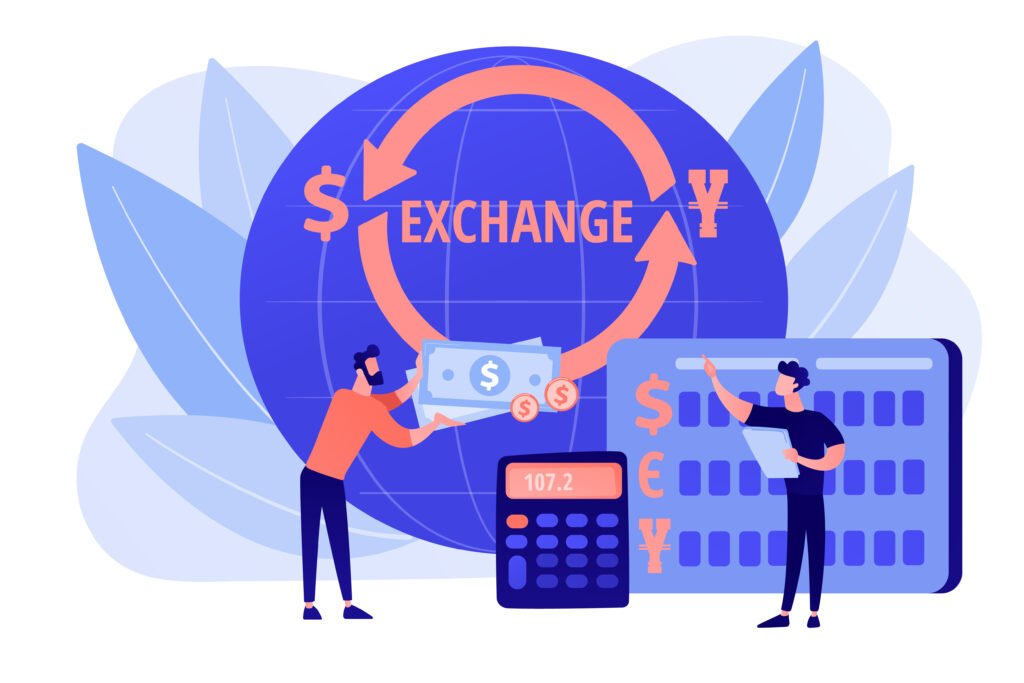7 Expert Reasons for International Money Transfer Delays
Have you ever sent money abroad and wondered why it’s taking so long to reach its destination?
Well, international money transfers are crucial in today’s globalised world, either for personal reasons, business deals, or remittances. However, waiting to process these transactions can be a significant source of frustration. But why do these delays happen? The reasons range from regulatory hurdles to system outages and beyond. Let’s dive into the top seven expert-backed reasons why your international money transfer might take longer than expected.
1. Regulatory Compliance and Verification Processes
Compliance with regulatory requirements is one of the most significant reasons for delays in international money transfers. Banks and financial institutions are bound by strict Anti-Money Laundering (AML) laws and “Know Your Customer” (KYC) policies. These measures are in place to prevent fraud, terrorism financing, and other illegal activities.
However, these processes can be time-consuming. If your documents or payment details are flagged for verification, the transfer may halt until the issue is resolved. Even minor discrepancies, such as a mismatched name or outdated identification document, can lead to delays.
For instance, banks may require additional documentation or approvals if you’re sending a significant amount. While these safeguards protect global financial integrity, they often slow down the money transfer process.
2. Differences in Banking Systems Across Countries
International money transfers involve multiple banks operating under varying systems. Not all countries use the same banking protocols, which can cause delays.
For example, some banks may rely on older systems that process transactions in batches rather than in real time. Time zone differences further complicate this issue. If you initiate a transfer from the US to Japan late in the day, it might not start processing until the following business day in Japan.
Currency conversion also plays a part. When your funds need to be converted into the recipient’s local currency, the process can take additional time, especially if exchange rates fluctuate significantly during the transaction period.
3. Public Holidays and Non-Business Days
Public holidays are another overlooked reason for money transfer delays. Banks and financial institutions follow their local holiday schedules, which can vary widely from one country to another.
For instance, a transfer from the US to India during Diwali or from Europe to China during the Lunar New Year can face delays due to closed banks in the recipient’s country. Similarly, weekend schedules differ globally. While banks in many countries are closed on Saturdays and Sundays, some nations observe Fridays and Saturdays as weekends.
These overlapping non-business days can create a bottleneck in processing, pushing your transfer’s completion further than expected.
4. Technical Glitches and System Outages
In today’s digital age, technology is crucial in money transfers. However, technical issues such as server outages, software glitches, or cybersecurity concerns can lead to unexpected delays.High transaction volumes, especially during peak times like holidays or end-of-month payroll periods, can overload systems. Additionally, financial institutions often pause processing to investigate potential fraud or suspicious activity flagged by automated systems.
Imagine initiating a transfer on a Friday afternoon, only for the system to go offline over the weekend. Such scenarios, while rare, can disrupt the seamless flow of your funds.
5. Intermediary or Correspondent Banks
When transferring money internationally, especially to less-developed financial systems, your transaction often involves intermediary or correspondent banks. These middlemen help move funds between banks that don’t have direct relationships. Unfortunately, every additional stop in the chain adds time to the transfer process. Miscommunications, processing errors, or delayed confirmations between correspondent banks can further exacerbate delays.
For example, suppose you’re sending money from a smaller credit union in the US to a rural bank in Africa. In that case, the transfer might route through two or three intermediary banks, each adding its own processing time.
6. Exchange Rate Volatility
Currency exchange rates fluctuate constantly, and banks often take measures to mitigate the associated risks. When you send money abroad, especially in currencies with significant volatility, banks might delay processing until they secure favourable exchange rates.
Some financial institutions even require manual intervention to finalise exchange rates for large transactions. While this ensures better customer rates, it can add hours or days to the transaction timeline. Additionally, other factors, such as market holidays or economic disruptions, can compound exchange-related delays.
7. Human Errors and Manual Processing
Lastly, let’s not overlook the role of human error. Mistyped account numbers, incorrect routing codes, or incomplete recipient details can delay processing. High-value transactions, in particular, often require manual review and approvals, adding an extra layer of processing time.
Even minor mistakes, like omitting a middle name or entering an outdated SWIFT code, can halt a transfer until corrected. Proactively double-checking your details before initiating a transfer can save you from unnecessary delays.
Conclusion
Delays in international money transfers can stem from regulatory requirements, technical glitches, or even simple human mistakes. While these hurdles can be frustrating, understanding their reasons can help you navigate the process more smoothly.
To avoid delays, ensure that your documents and details are accurate, choose a reliable transfer service, and time your transactions to avoid holidays or peak periods. By taking these steps, you can minimise the chances of unexpected hold-ups.
FAQs
-
What is the average time for an international money transfer?
Depending on the banks and countries involved, it typically takes 1-5 business days.
-
How can I track my delayed transfer?
Most banks and transfer services offer online tracking tools. Contact customer support for updates if needed.
-
Are certain countries more prone to delays in money transfers?
Yes, countries with less-developed banking infrastructure or stringent regulations often experience longer delays.
-
What should I do if my transfer is delayed due to holidays?
Plan your transfers ahead of major holidays and be patient, as processing will resume on the next business day.
-
How can I ensure my transfer is processed quickly?
Double-check all payment details, use a reliable transfer service, and avoid initiating transactions on weekends or near holidays.


 English
English 







































































































